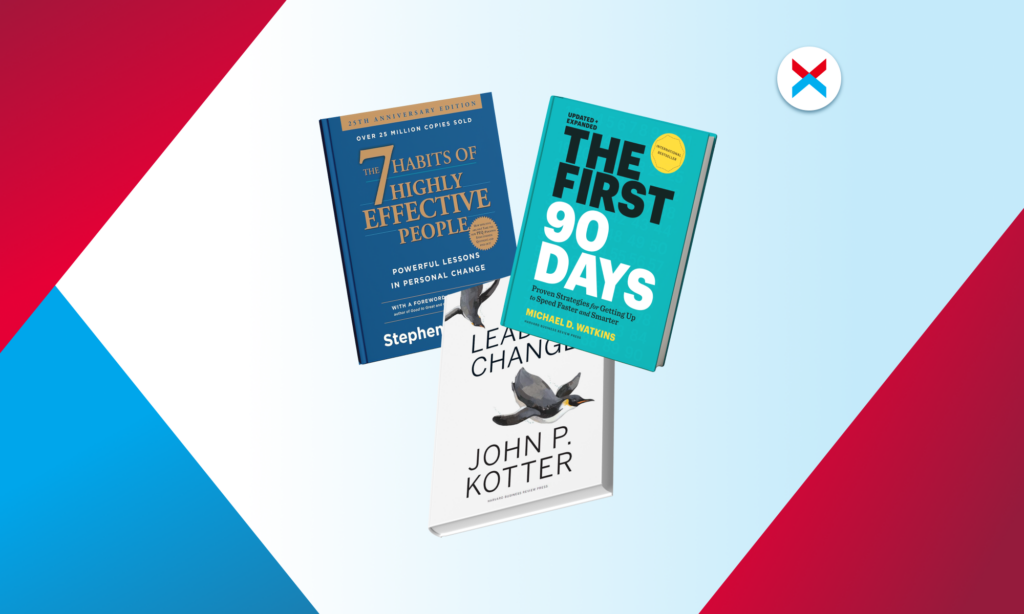Let’s be honest: it’s possible to be a Java developer without reading any Java books at all. But in that case, it’s hard to truly excel at Java programming. So, if you want to level up, reading Java literature is a must. But with so many Java books out there, how do you choose the most useful and interesting ones for both beginners and experienced developers? It’s a tricky task. That’s why NIX experts have gathered the top 8 books that are worth your attention.
Who Are These Books For?
Our selection of Java literature is divided into three main categories: for beginners, for more experienced developers, and for true professionals. This will help you quickly find the perfect Java book that matches your needs.
Java Books for Beginners
These books on Java offer the essential knowledge required to launch a developer’s career. They go beyond focusing solely on a specific programming language — though they offer valuable insights into Java — and instead emphasize fundamental principles for working with code and system architecture.
Clean Code: A Handbook of Agile Software Craftsmanship
Author: Robert C. Martin
First Edition: 2008
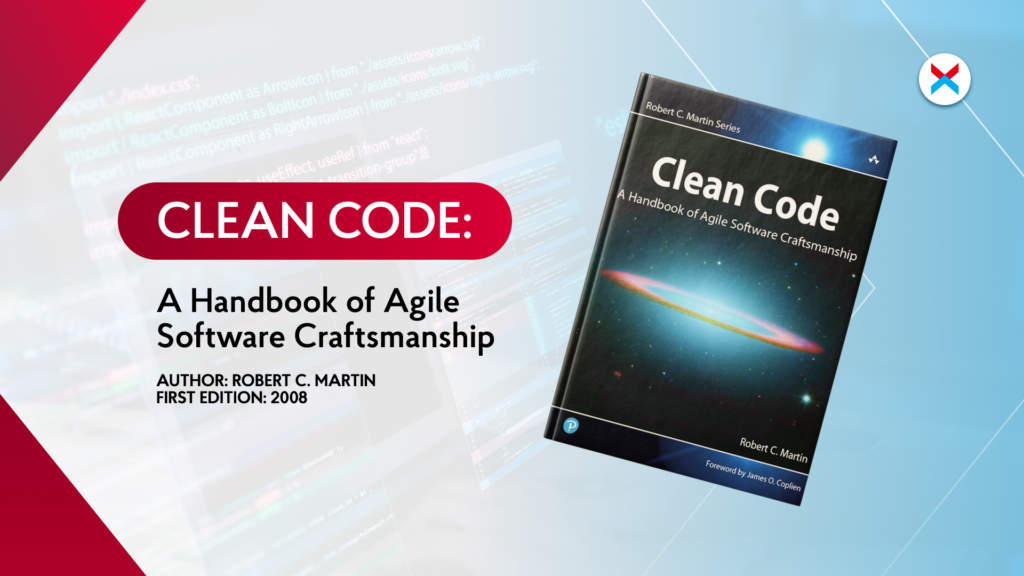
Robert Martin, also known as Uncle Bob, is a legendary figure in software development. Born in 1952, he began programming at 17. Throughout his career, he’s worked on hundreds of Java and other language projects, contributed to the creation of the Agile Manifesto, and is the author of the SOLID principles that every modern developer knows.
Uncle Bob has written over a dozen books on Java, C++, C#, and general programming principles, and Clean Code is one of his best. This book is divided into three parts: the first covers methods and patterns for writing clean code (including naming conventions, functions, and classes in Java); the second presents exercises for cleaning up codebases; and the third introduces best practices for quickly identifying messy code. This book will help you write higher-quality, more readable Java code.
The Pragmatic Programmer: From Journeyman to Master
Authors: Andrew Hunt, David Thomas
First Edition: 1999
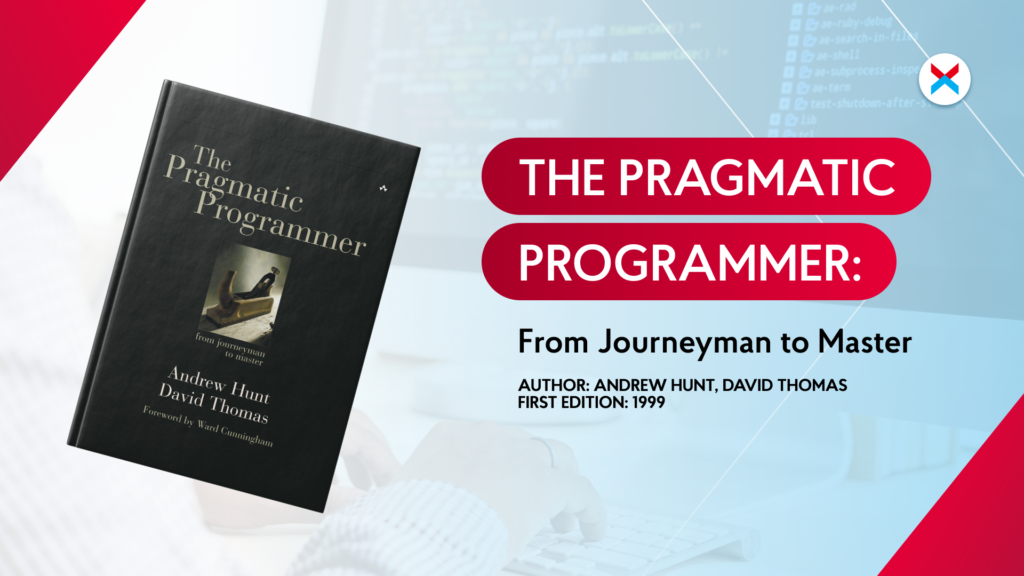
Andrew Hunt and David Thomas have written more than a dozen books on Java and other technologies and founded The Pragmatic Bookshelf series, which emphasizes pragmatic approaches to programming. They were also co-authors of the Agile Manifesto and creators of many well-known concepts in IT development, such as DRY, the “rubber duck method,” and Code Kata.
While The Pragmatic Programmer is not exclusively a Java book, it’s still a great pick for beginners. It was the authors’ first work and revolutionary in many ways. In this book, they provide tons of helpful advice for newcomers on how to write flexible, dynamic code in Java, avoid common mistakes, and set up stable testing practices. The book is written in a conversational style, with plenty of real-life examples, fun analogies, and even jokes. An updated edition was released in 2019, ensuring it stays relevant to modern Java programming standards.
Head First Design Patterns: A Brain-Friendly Guide
Authors: Eric Freeman, Elisabeth Robson, Bert Bates, Kathy Sierra
First Edition: 2004
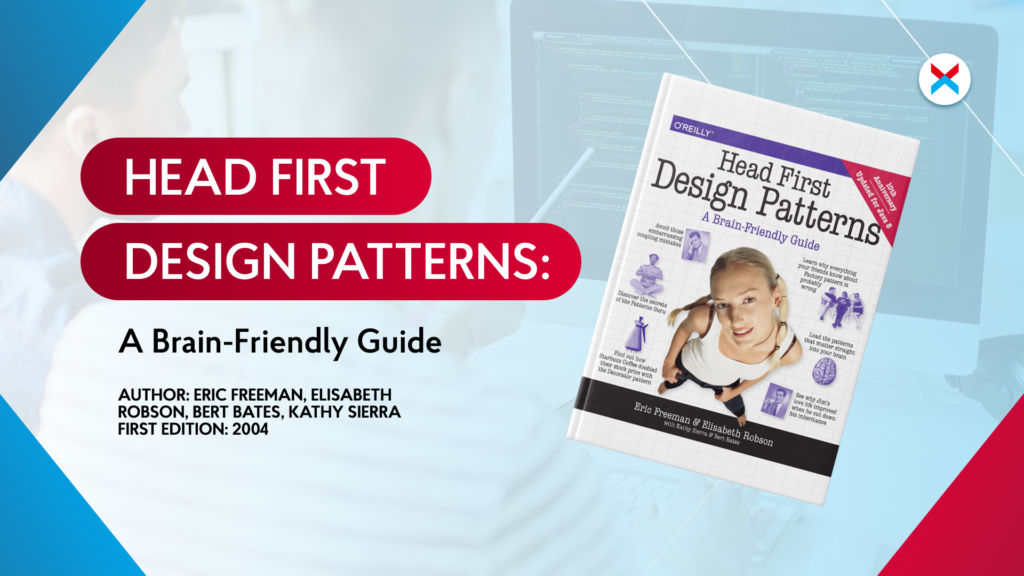
Each of the four authors has an impressive background. Eric Freeman was CTO at Disney Online, Elisabeth Robson founded the educational platform WickedlySmart, and Kathy Sierra and Bert Bates essentially created the Head First series — beginner-friendly guides that combine learning with vivid visualizations, engaging stories, puzzles, and humor.
Though the Head First series includes another Java book (Head First Java), Design Patterns is the one worth adding to your collection. It does require some prior knowledge but serves as a perfect mix of universal software engineering principles and Java programming. The book covers common software design patterns that make systems flexible, reliable, scalable, and functional, with real Java API code examples and language-supported design patterns. It’s a classic that still holds up — an updated edition was released in 2020.
Java Books for More Experienced Developers
The books on Java in this section provide deeper dives into Java programming, focusing entirely on Java coding, allowing you to fully immerse yourself in the language, understand its nature, and discover its unique features and capabilities.
Effective Java
Author: Joshua Bloch
First Edition: 2001
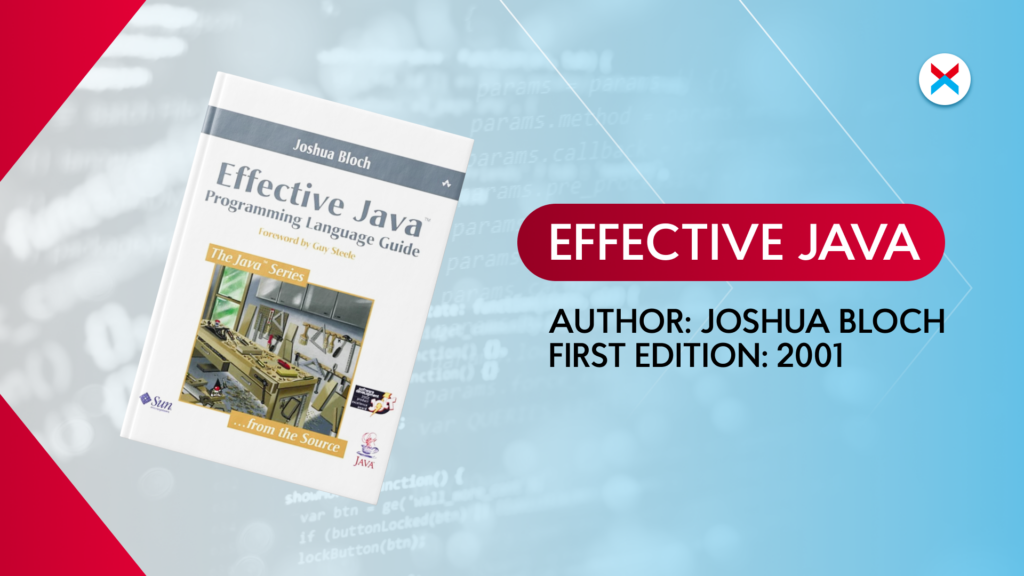
Joshua Bloch is a Java guru with experience working at Google and Sun Microsystems. He was involved in creating the language itself (especially JDK 5.0), designing the Java Collections framework, the java.math package, and the assert mechanism. Effective Java is one of the most influential Java books ever written. It covers core software design patterns, Java language basics, and a myriad of specific mechanisms and syntax features: objects, classes, libraries, collections, methods, lambdas, interfaces, threads, generics, and more. Bloch also highlights common mistakes and how to avoid them. Each chapter includes essays with code examples to help you better understand the logic of Java programming.
Java Performance: In-Depth Advice for Tuning and Programming Java 8, 11, and Beyond
Author: Scott Oaks
First Edition: 2014
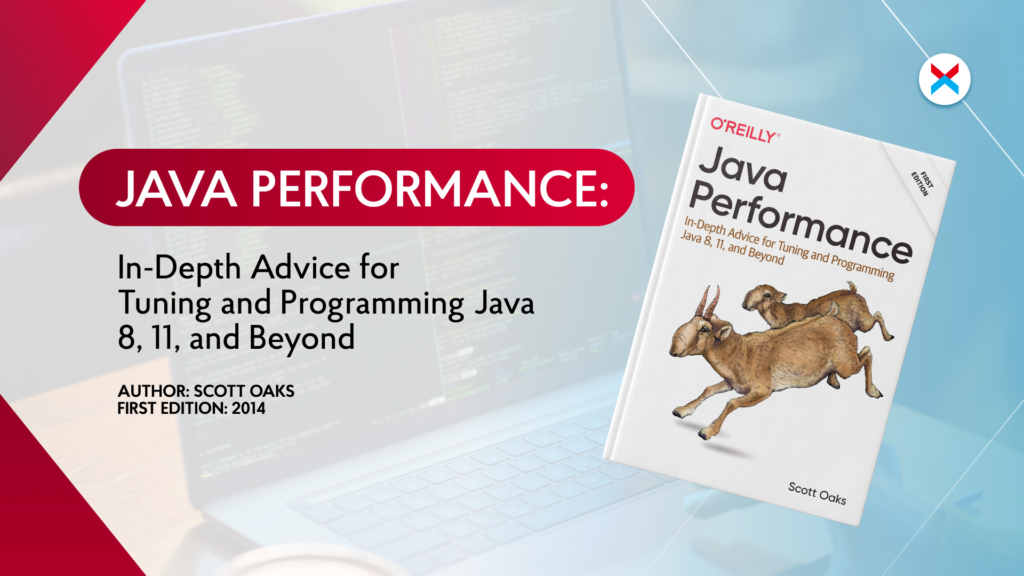
Scott Oaks worked as an architect at Sun Microsystems and Oracle Corporation and is a recognized Java evangelist. His book Java Performance is a must-read for anyone looking to get the best performance from Java applications. The focus is on efficient use of the JVM, covering everything that impacts speed: virtual machine configuration, JDK usage, Java API issues, database interactions, garbage collection, JIT compilers, and more. It also provides detailed principles for performance testing.
High-Performance Java Persistence
Author: Vlad Mihalcea
First Edition: 2016
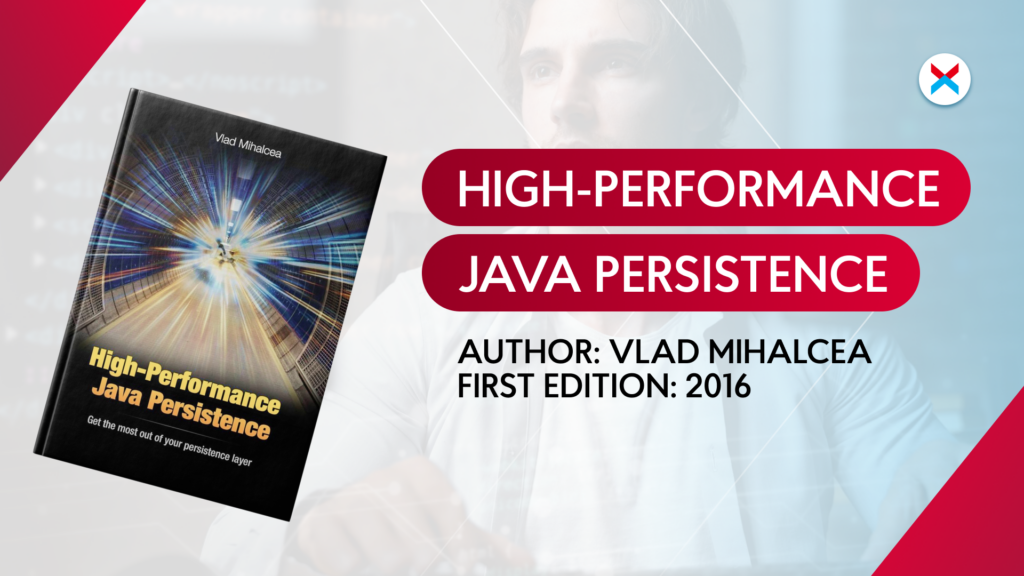
Vlad Mihalcea, a Java Champion since 2017, is a seasoned expert in Java, JPA, Spring, and databases. In his book, he offers valuable insights into improving database interactions in Java applications. Divided into three parts, the book covers relational databases, JDBC interface management, caching, JPA, Hibernate, and parallelism techniques to boost performance. The third part focuses on the jOOQ library, from DML operators to stored procedures.
Literature for True Professionals
Like the beginner books, these works are not just about Java itself, but focus on more general concepts. While the beginner books focused on the basics, these three books dive into advanced programming solutions and the finer details of Java, helping you become an expert capable of improving nearly any application.
Designing Data-Intensive Applications: The Big Ideas Behind Reliable, Scalable, and Maintainable Systems
Author: Martin Kleppmann
First Edition: 2017
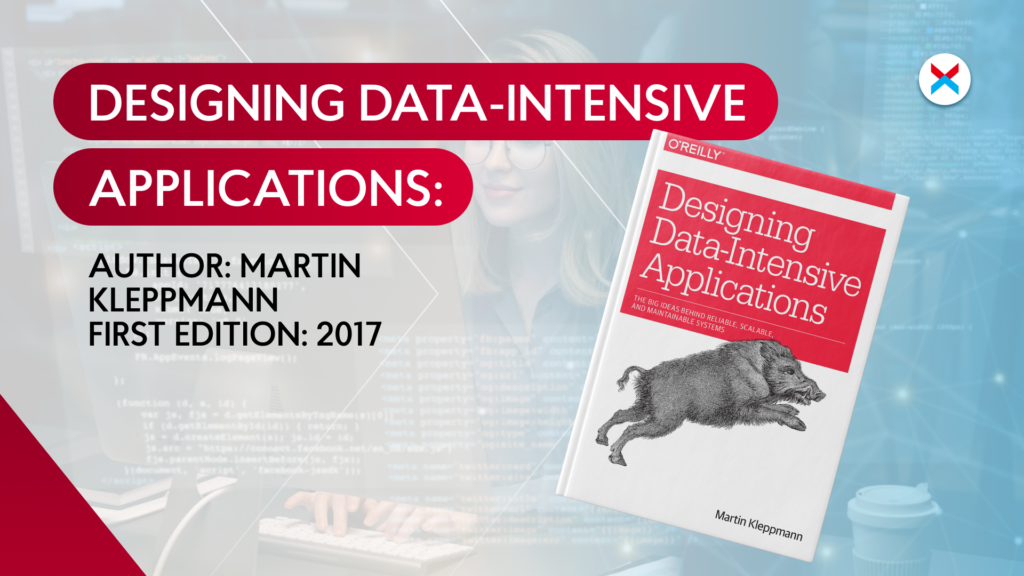
Martin Kleppmann, a former developer of scalable data infrastructures at LinkedIn and Rapportive, now a researcher at the University of Cambridge, wrote this book to provide deep insights into building data-intensive systems. It covers reliability, scalability, and maintainability from a developer’s perspective, offering essential knowledge for Java professionals.
Designing Data-Intensive Applications provides an in-depth analysis of various technologies used for data processing and storage. Kleppmann outlines how to build data systems that can handle millions of users, minimize application downtime, and remain maintainable even as technologies and requirements evolve. It’s important to note that this is not a step-by-step Java book with instructions for tasks like package deployment. Kleppmann’s goal is to offer a deep understanding of the architecture behind data systems and their integration into final products.
Grokking Algorithms: An Illustrated Guide for Programmers and Other Curious People
Author: Aditya Bhargava
First Edition: 2016
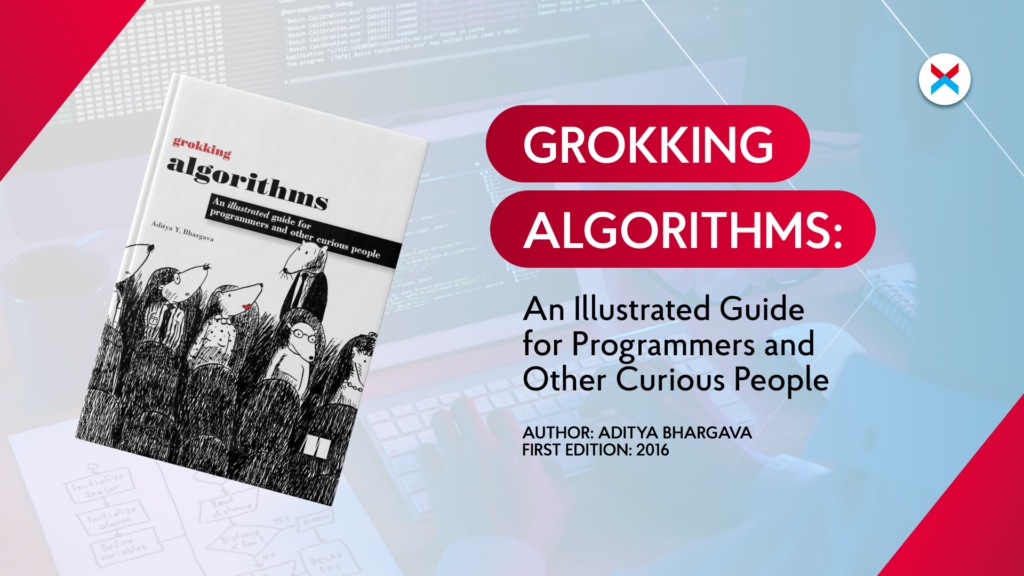
Aditya Bhargava has dual degrees: one in computer engineering and the other in the arts. Throughout his career, he has combined both passions. Bhargava has been writing games in Basic since he was 14, has worked in startups, and teaches an introductory Python course. He also enjoys working on art-related projects, including his current role as an engineer at Etsy.
In Grokking Algorithms, Bhargava combines programming with design. Unlike many traditional Java books, this one features over 400 original and engaging illustrations. While the visuals are a highlight, the book’s primary focus is on content. Bhargava explains the use of complex algorithms to solve typical development problems in simple, accessible language. He covers a wide range of topics, from searching and sorting data to compression and AI applications. The book is filled with diagrams, charts, and code examples, though the examples are written in Python. Despite this, the book is so well-crafted that it deserves a place among the top Java resources.
Which Java Book is the Best?
There’s no single “best” Java book — it all depends on your personal preferences, professional goals, and the tasks and challenges you’re facing in your career. Java books vary greatly in topic, depth, and style. The key is to find one that aligns with your interests and helps you solve the programming challenges you’re currently facing.
And remember the most important IT principle: never stop learning! Don’t limit yourself to just Java books in your native language or on narrow subtopics that are relevant to your current project. Embrace new knowledge that will prove invaluable as you advance in your career.
One final important note: no matter how well-written a book is, it won’t turn you into an expert overnight. To truly master Java, you need structured, hands-on learning alongside your reading. That’s where the free Java course at NIX comes in. Our mentors have developed a comprehensive, varied curriculum that provides a solid foundation for a successful career in IT. Upon completing the course, you’ll be ready to join our team as a Java developer. Don’t wait — apply now and take the next step in your IT journey.
